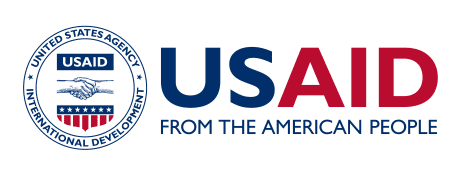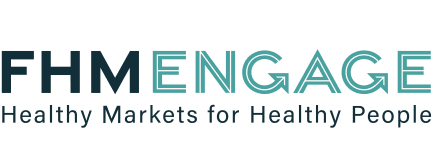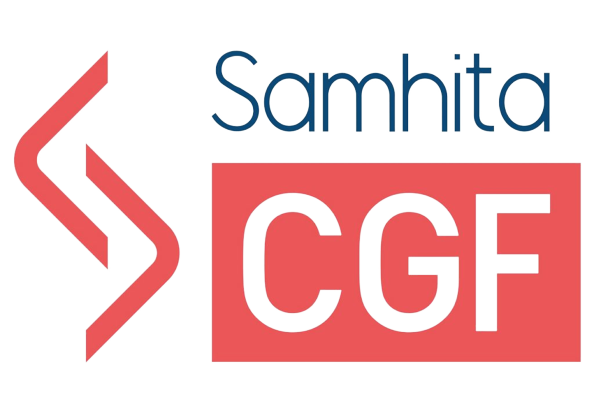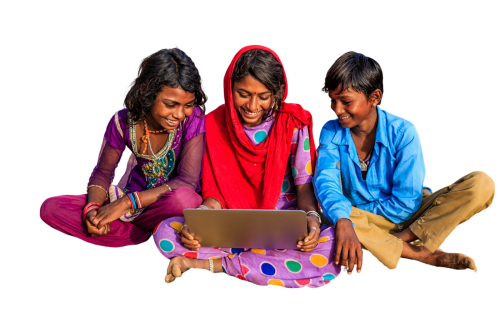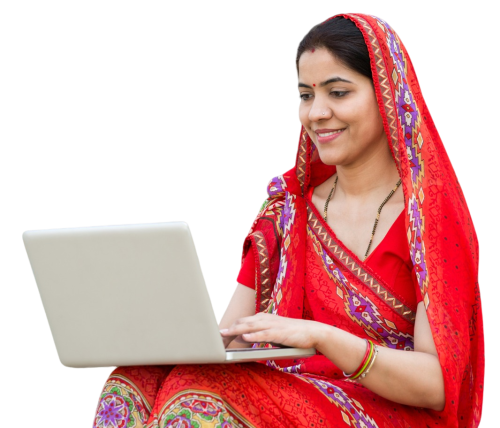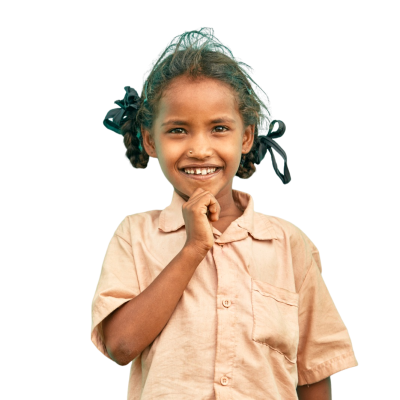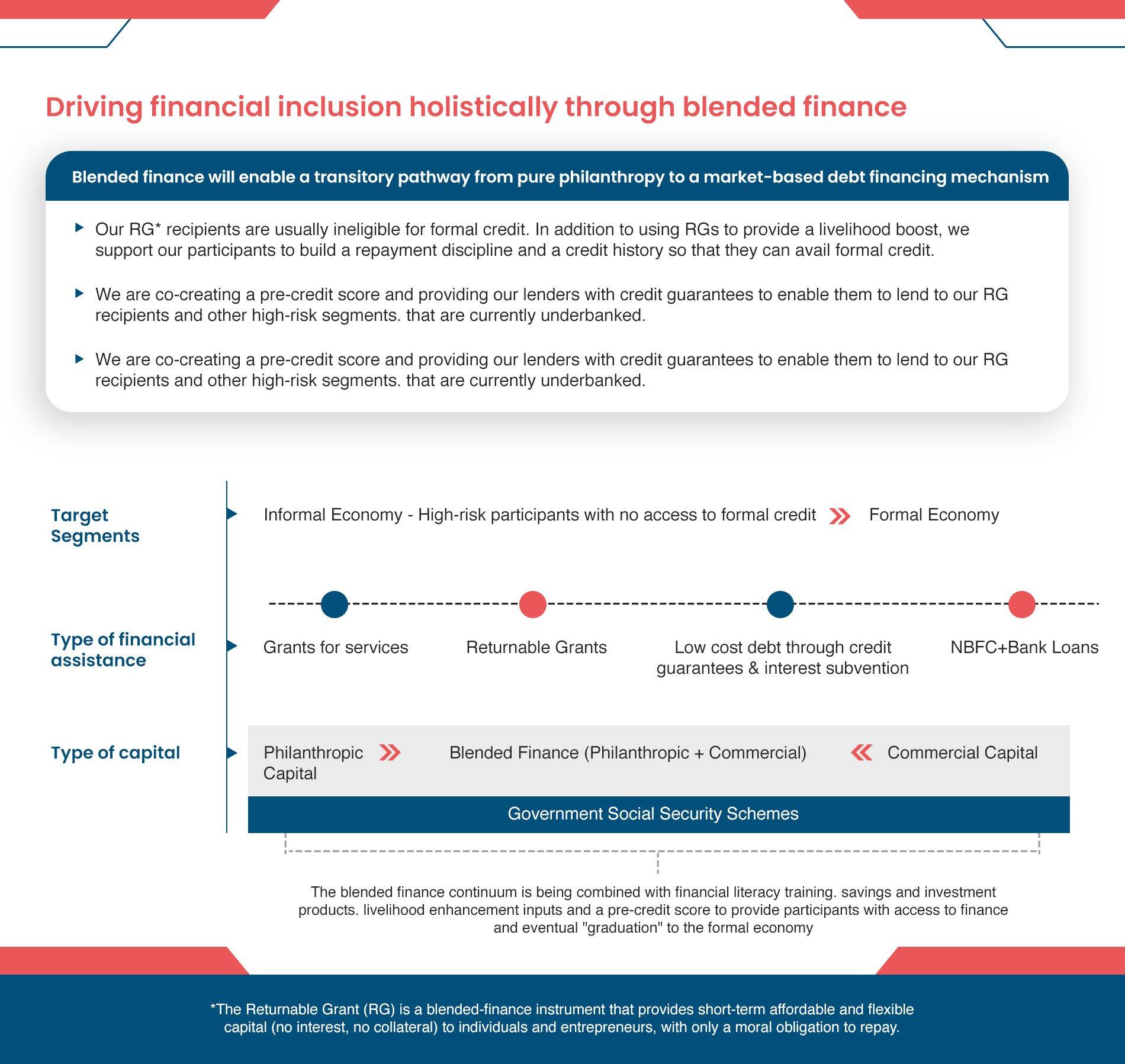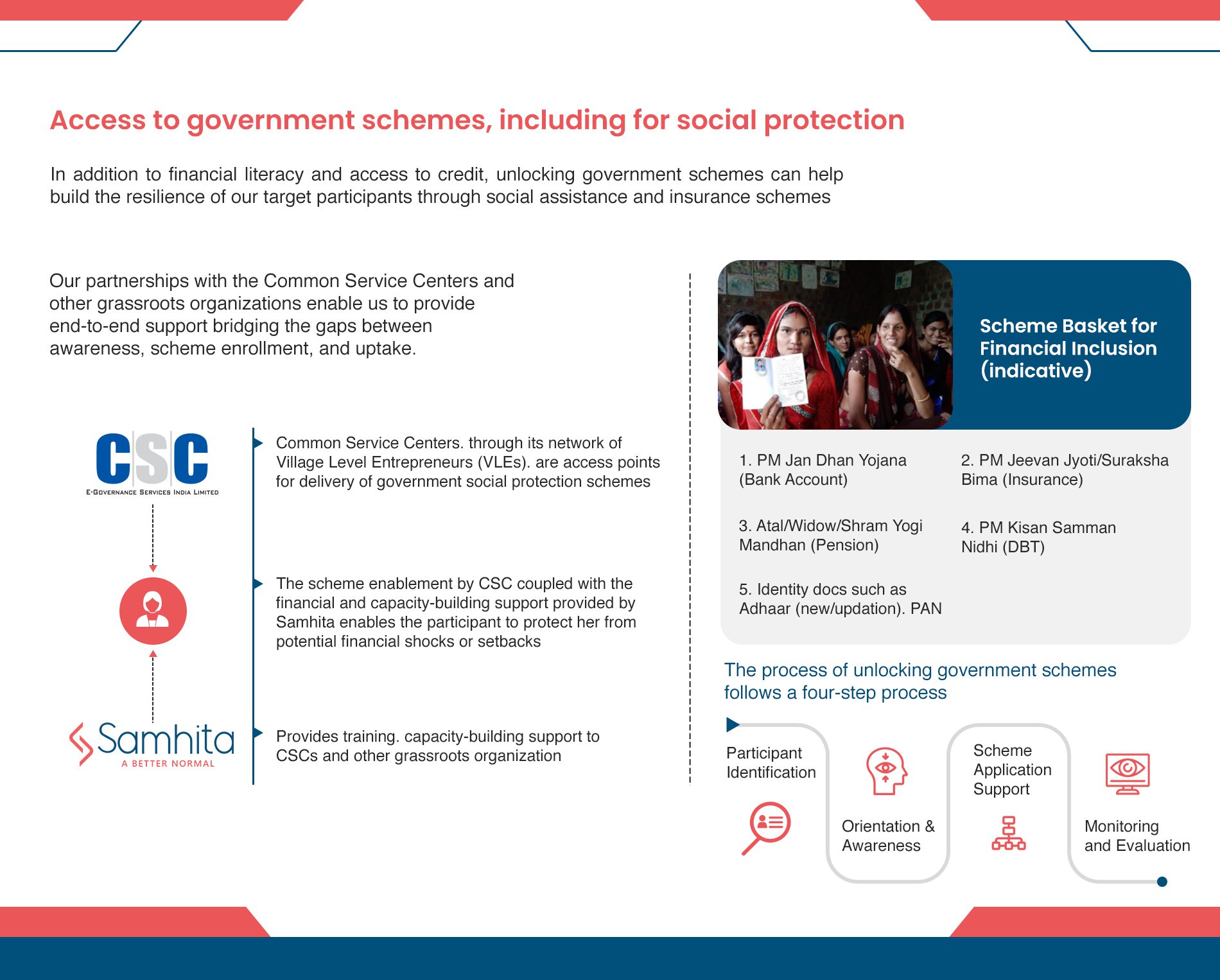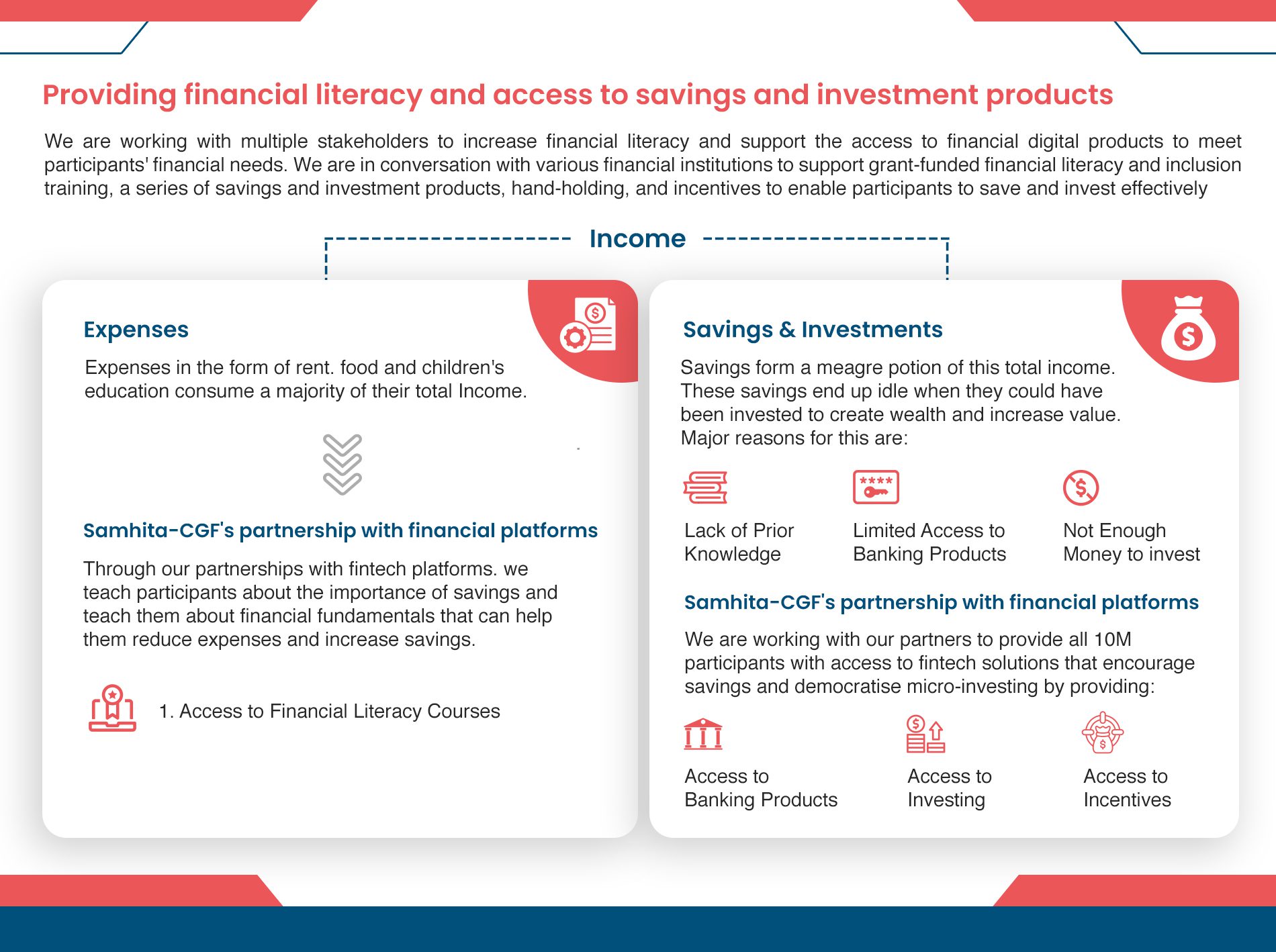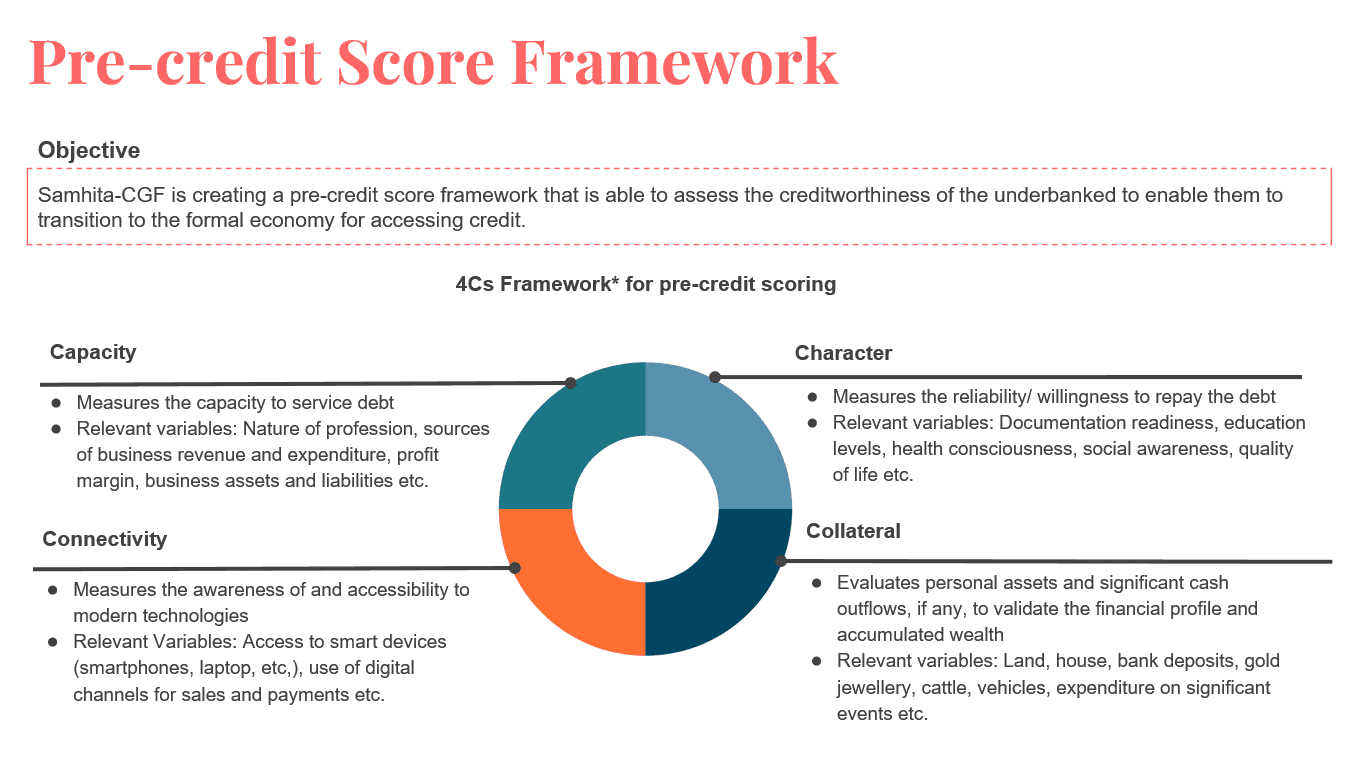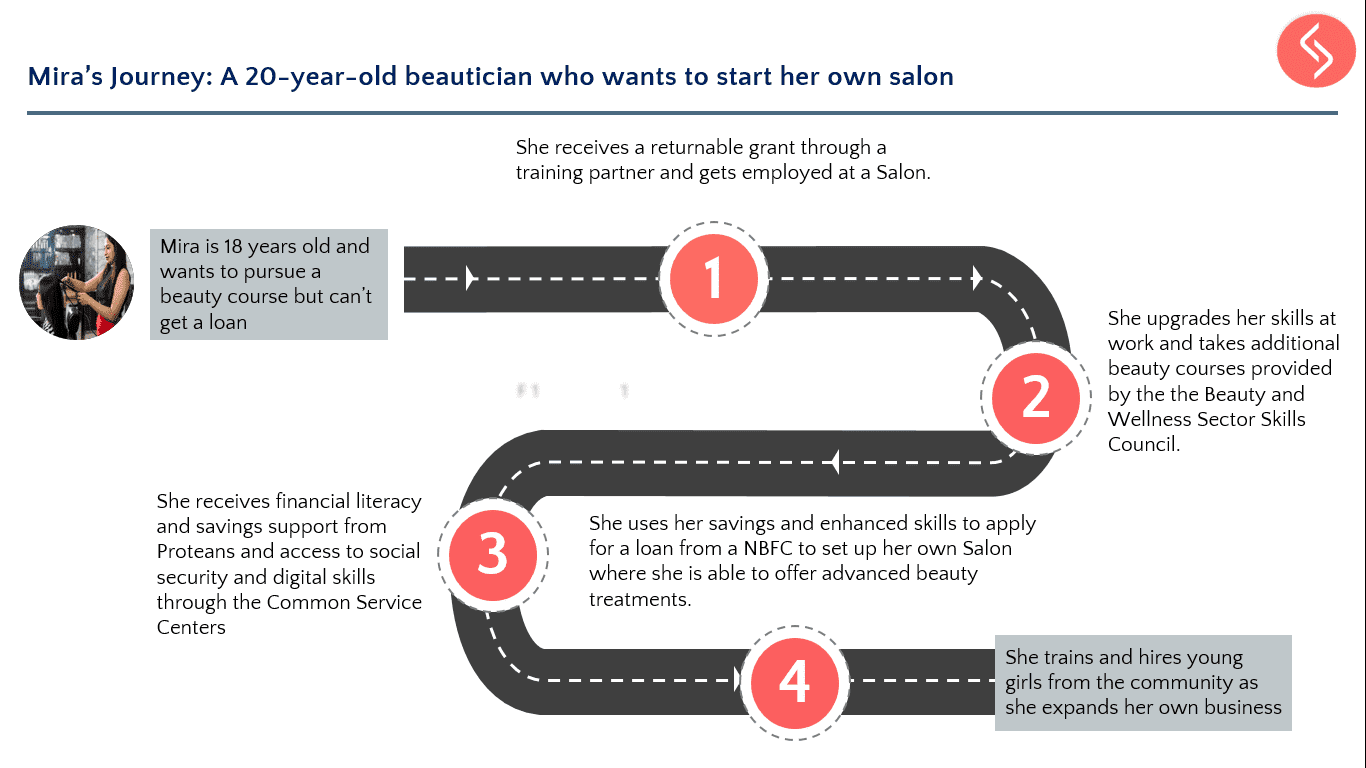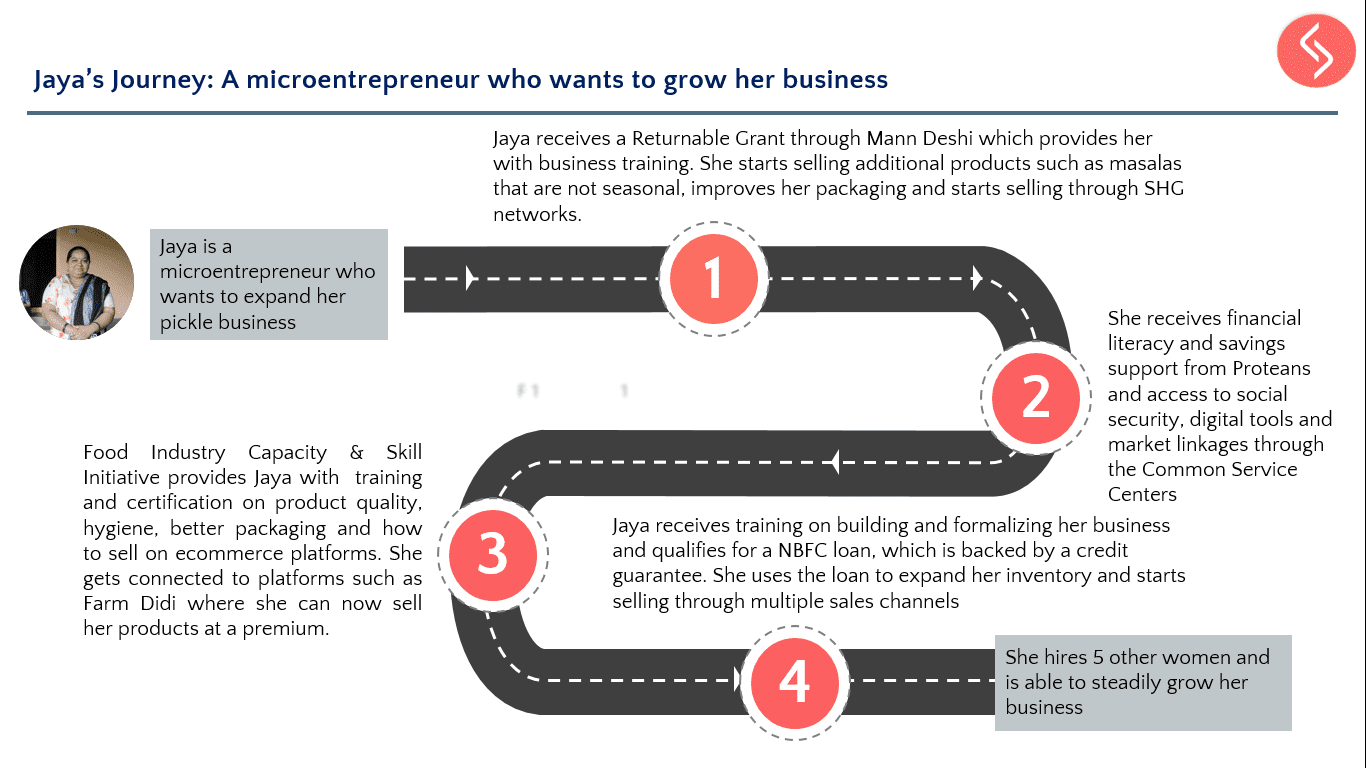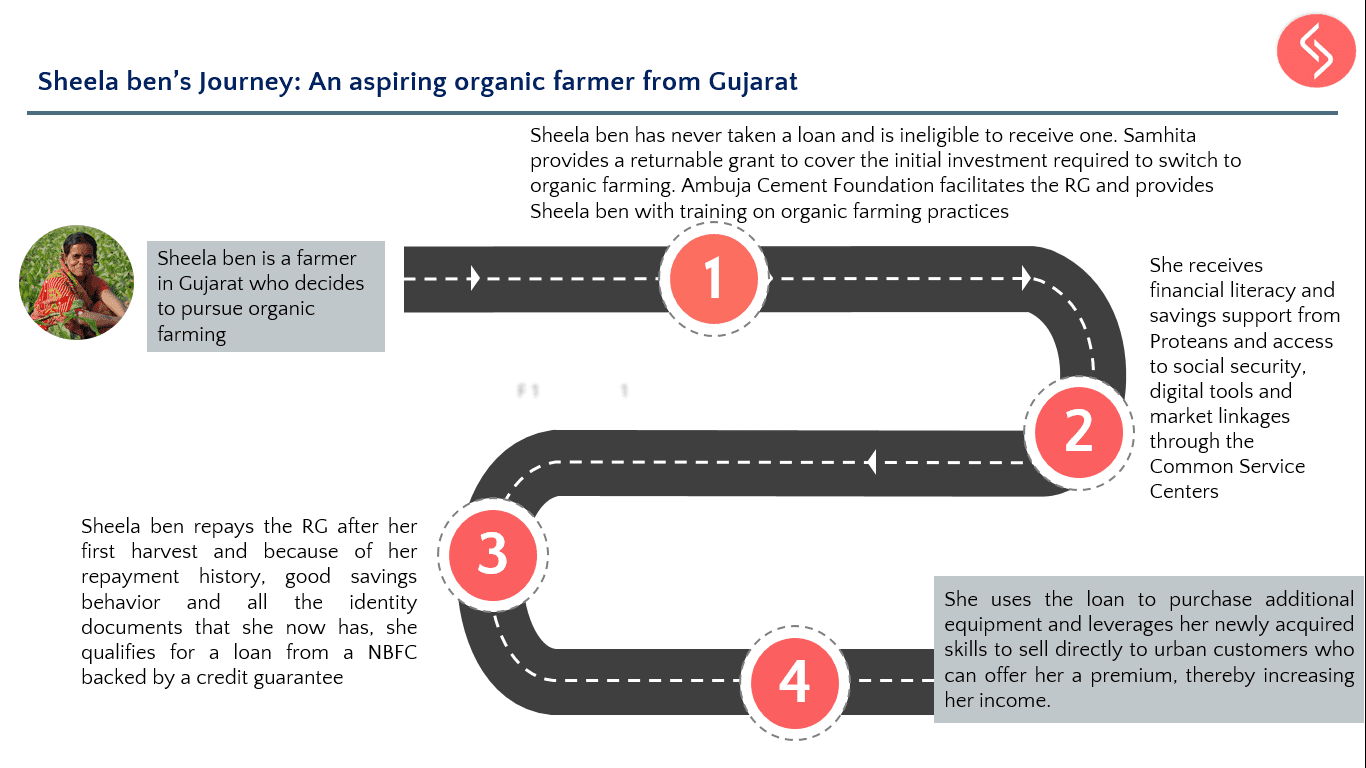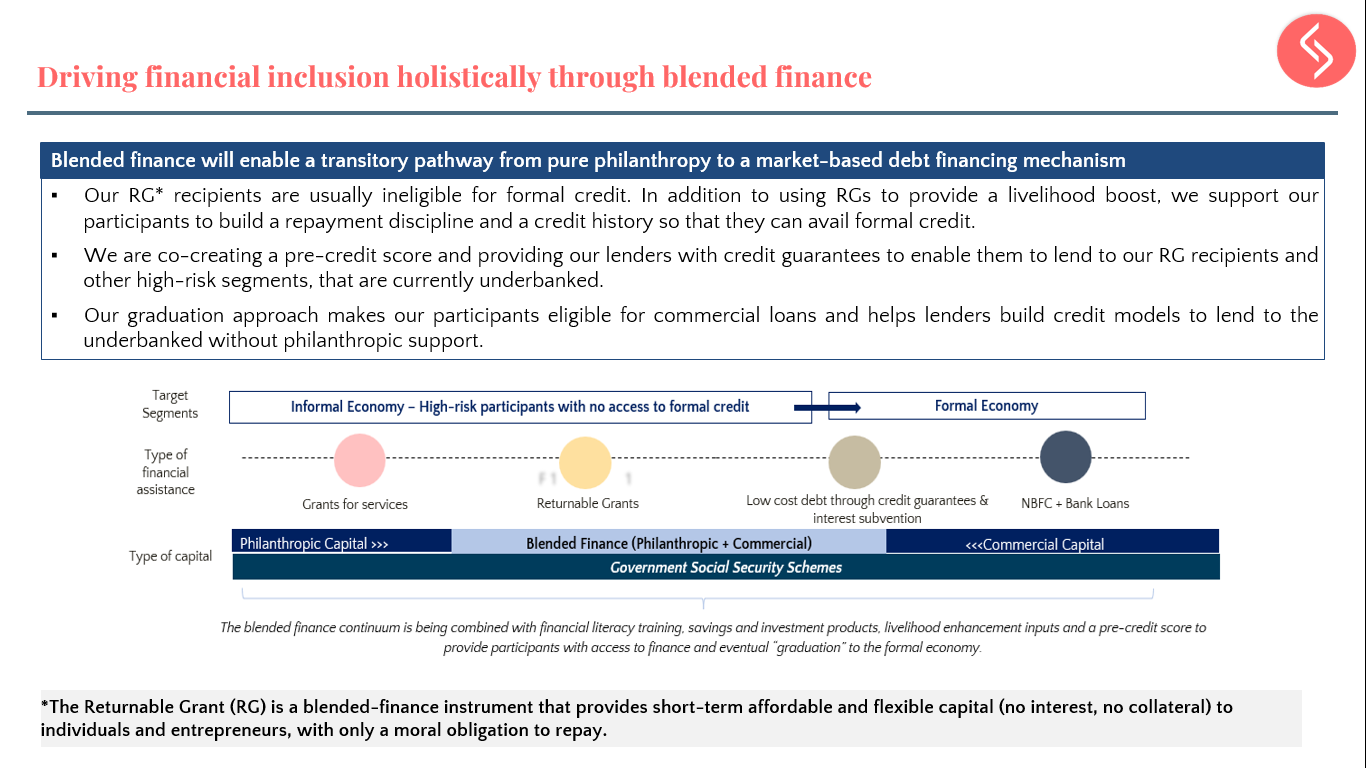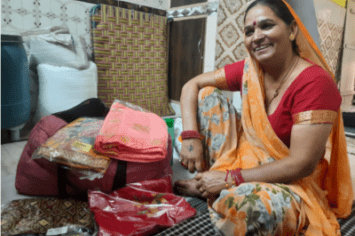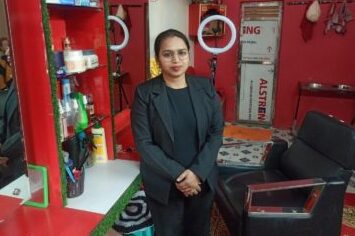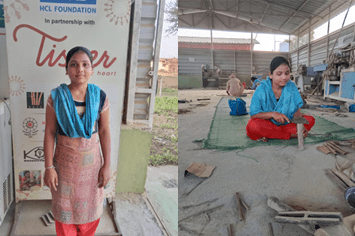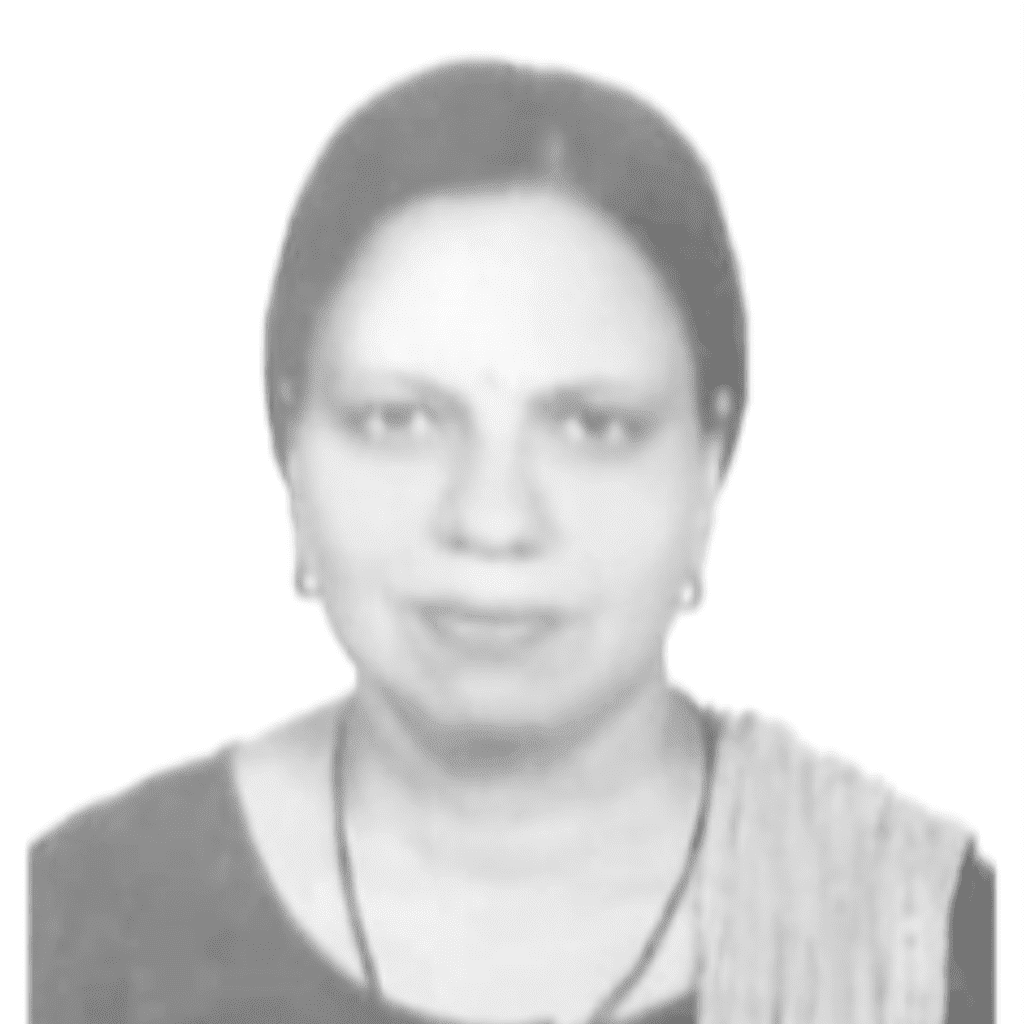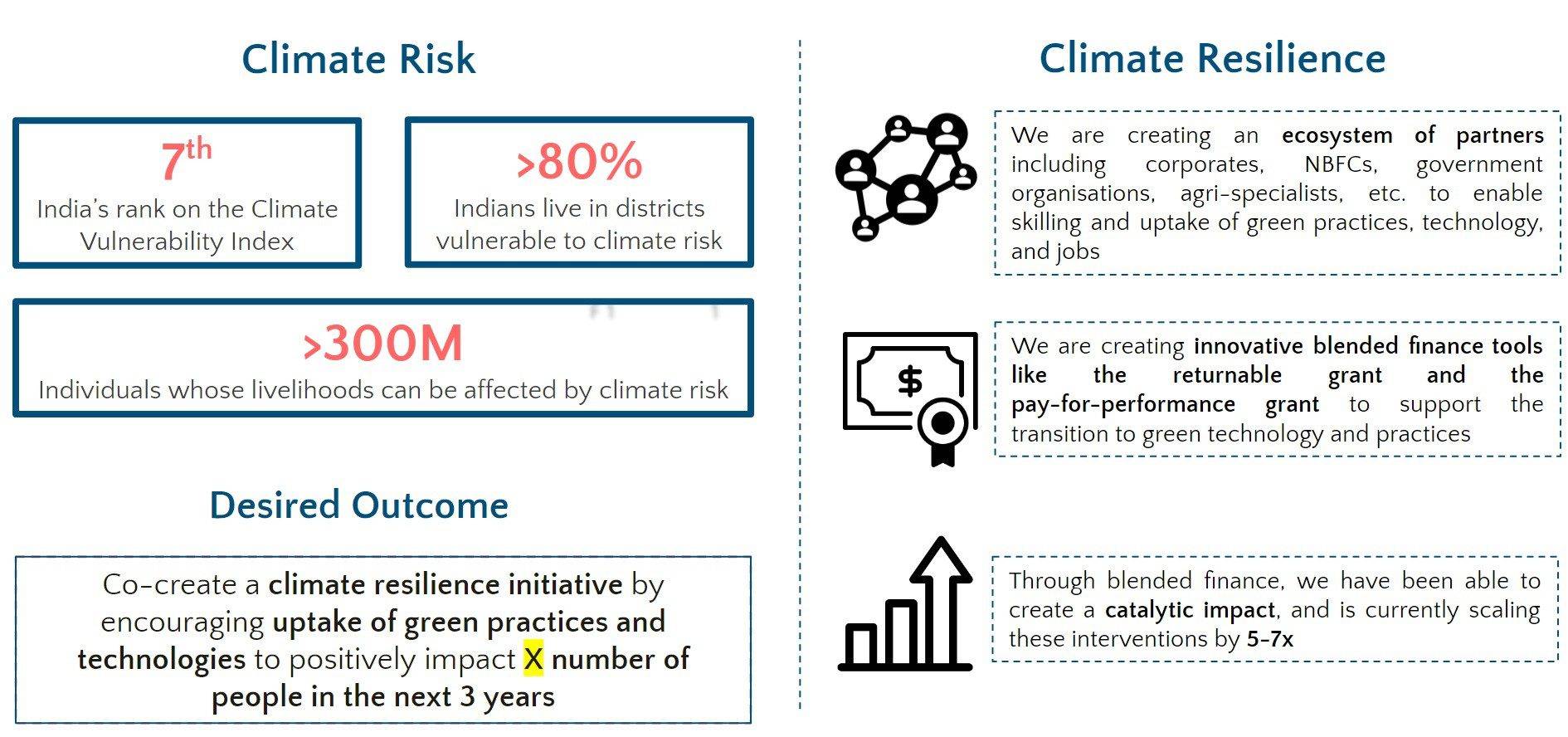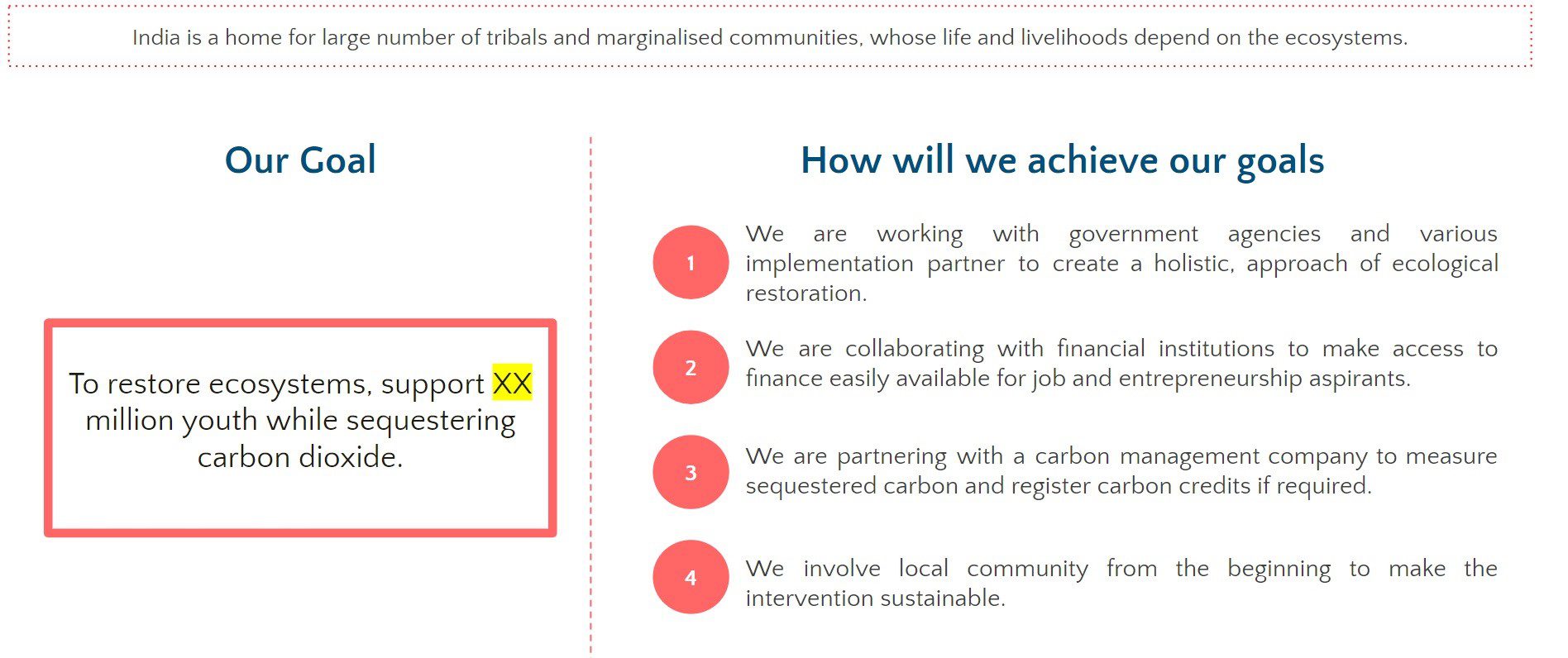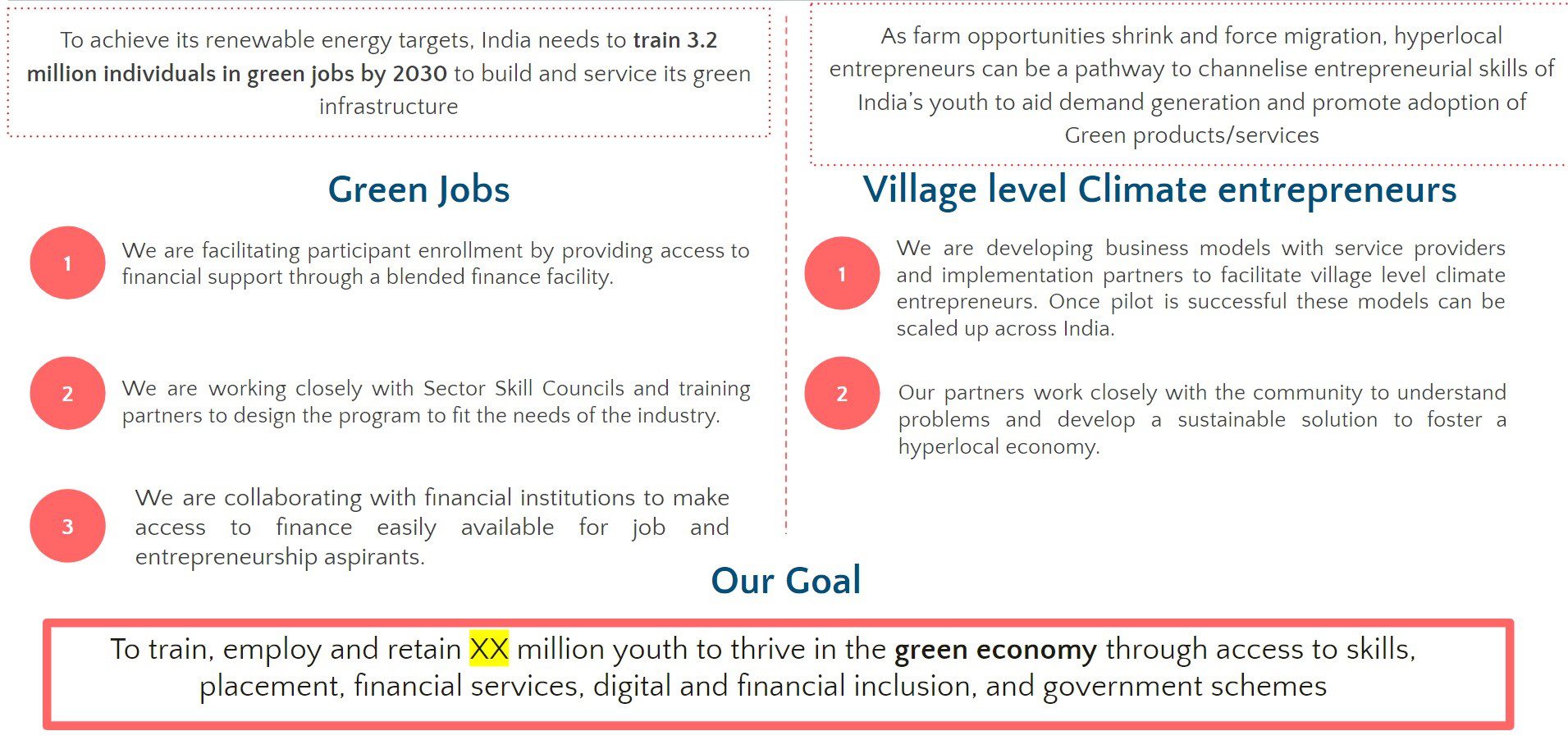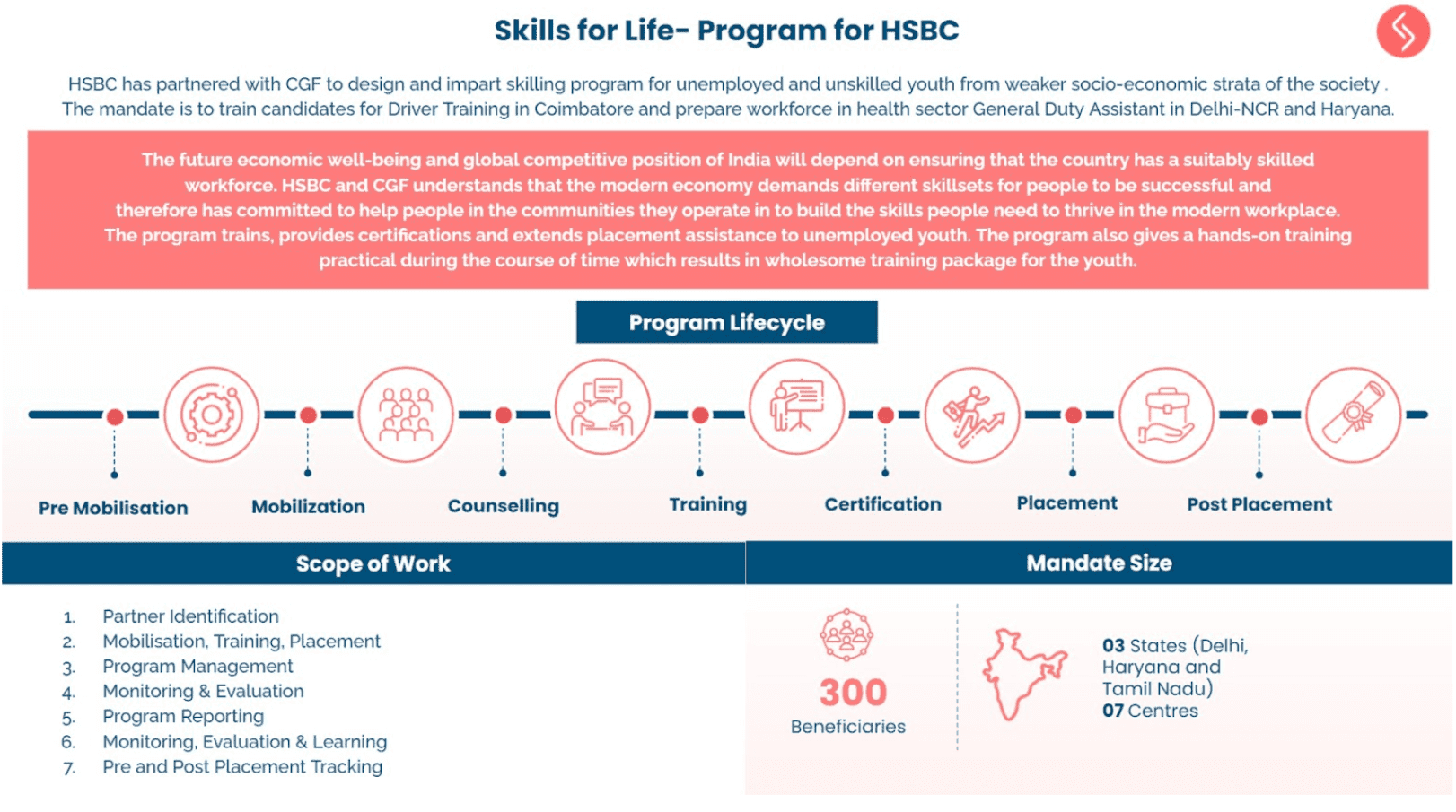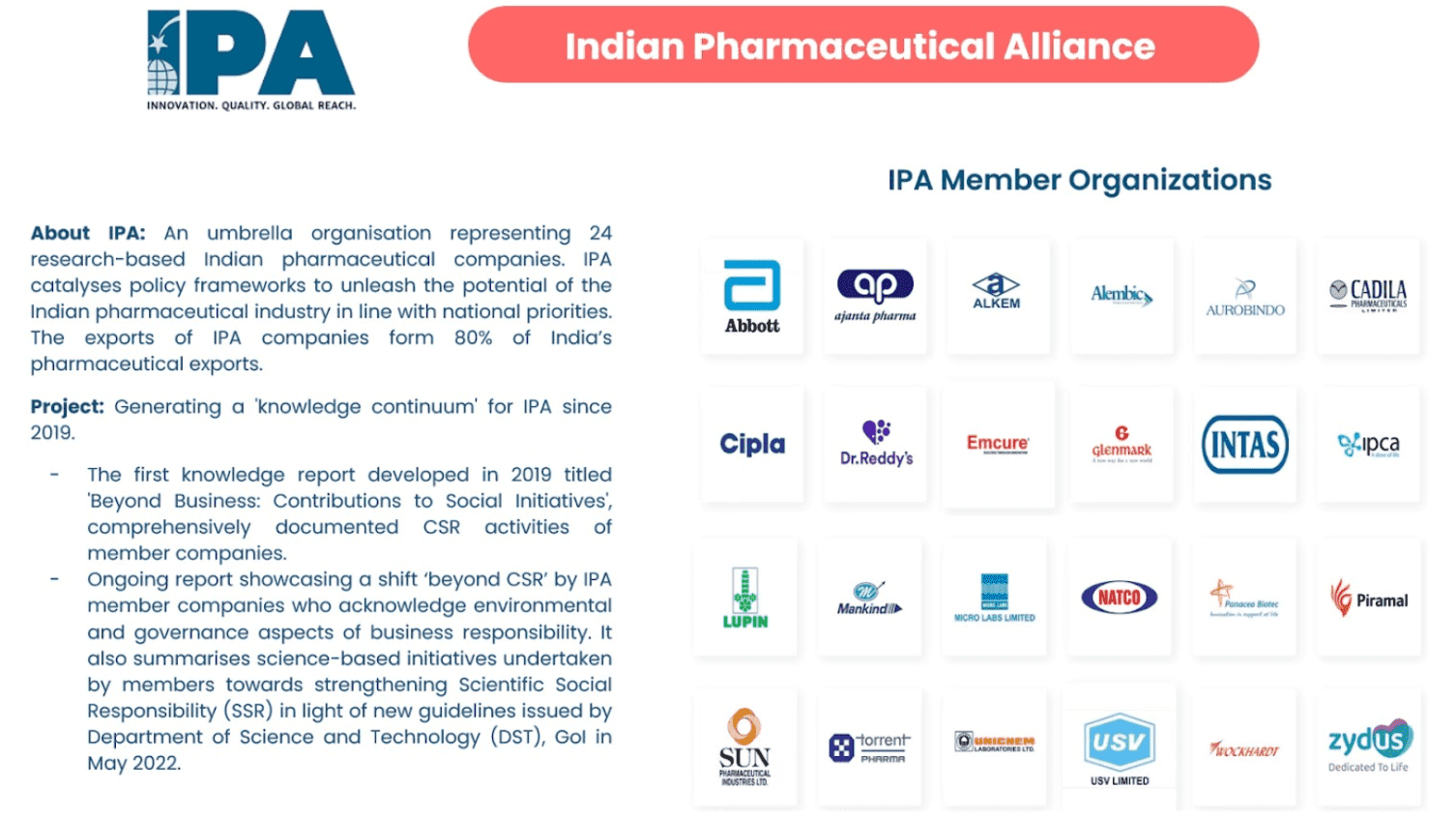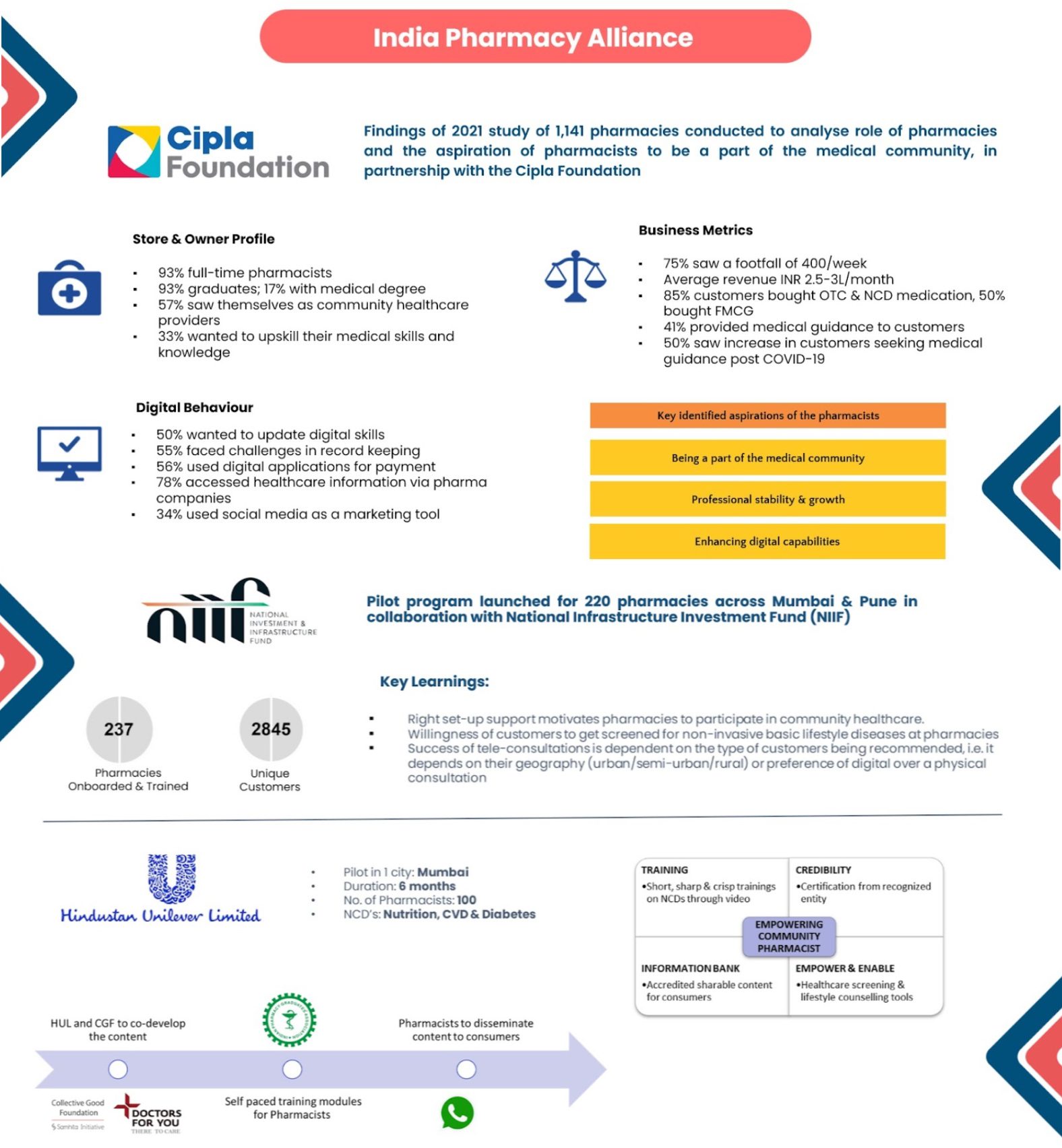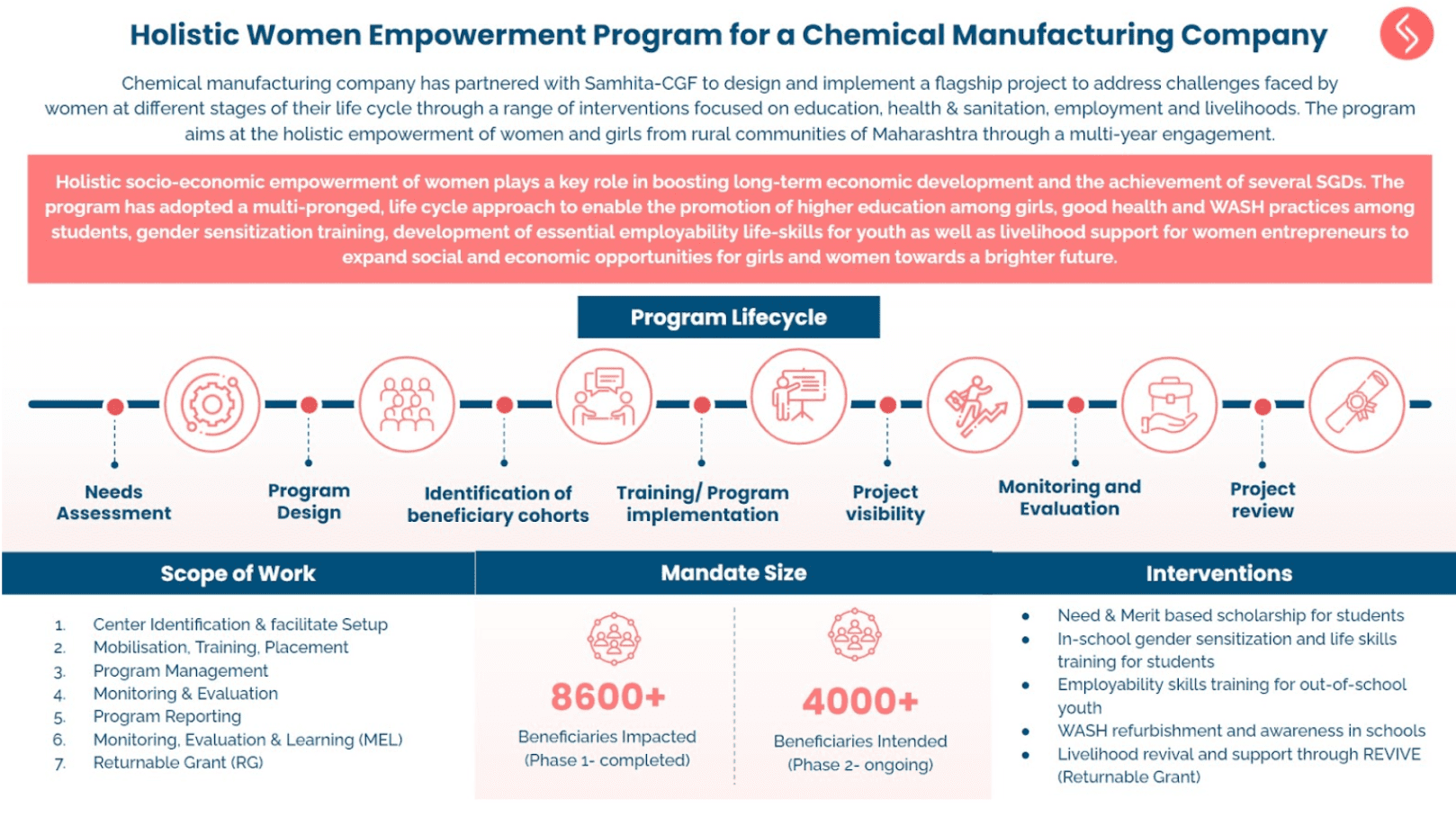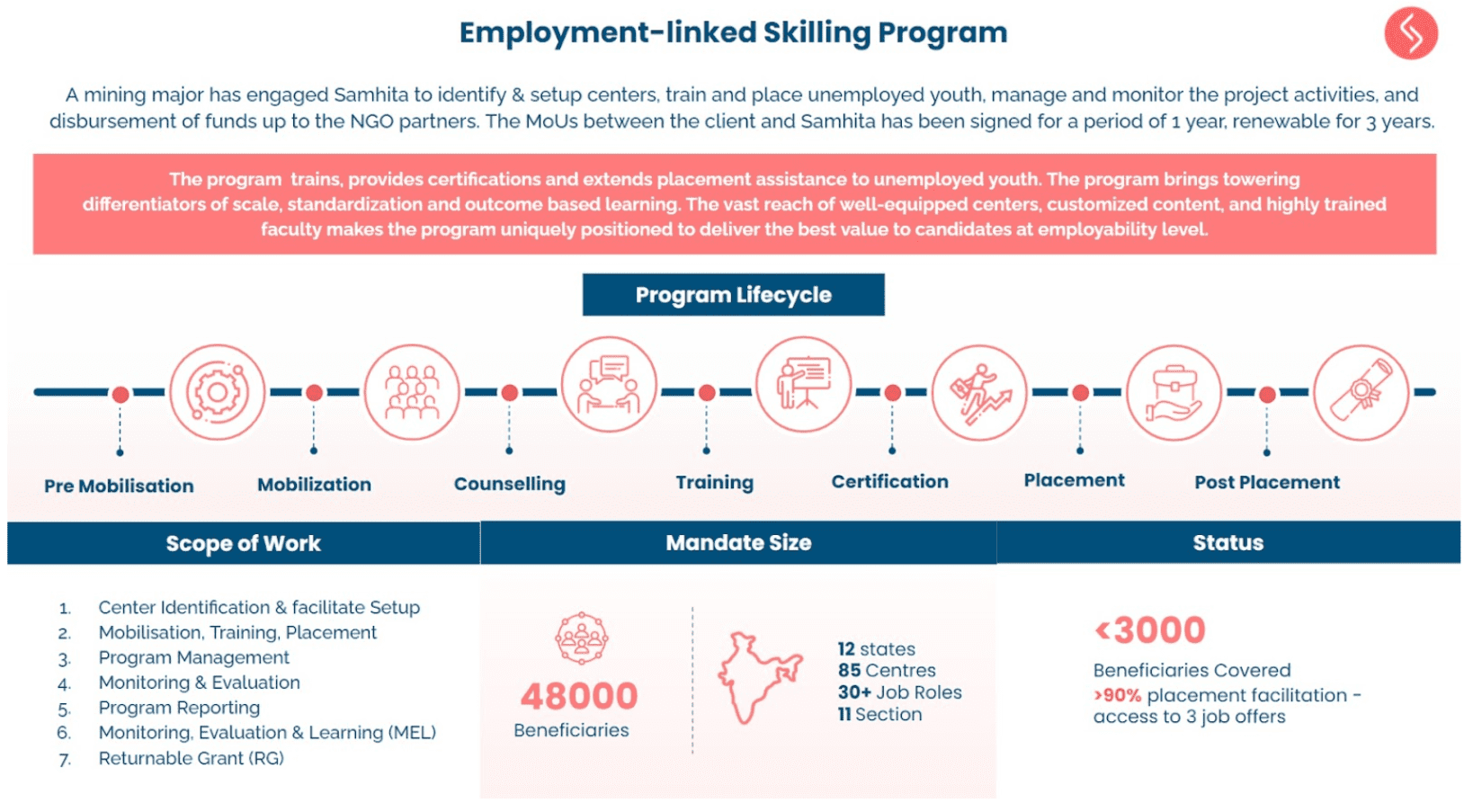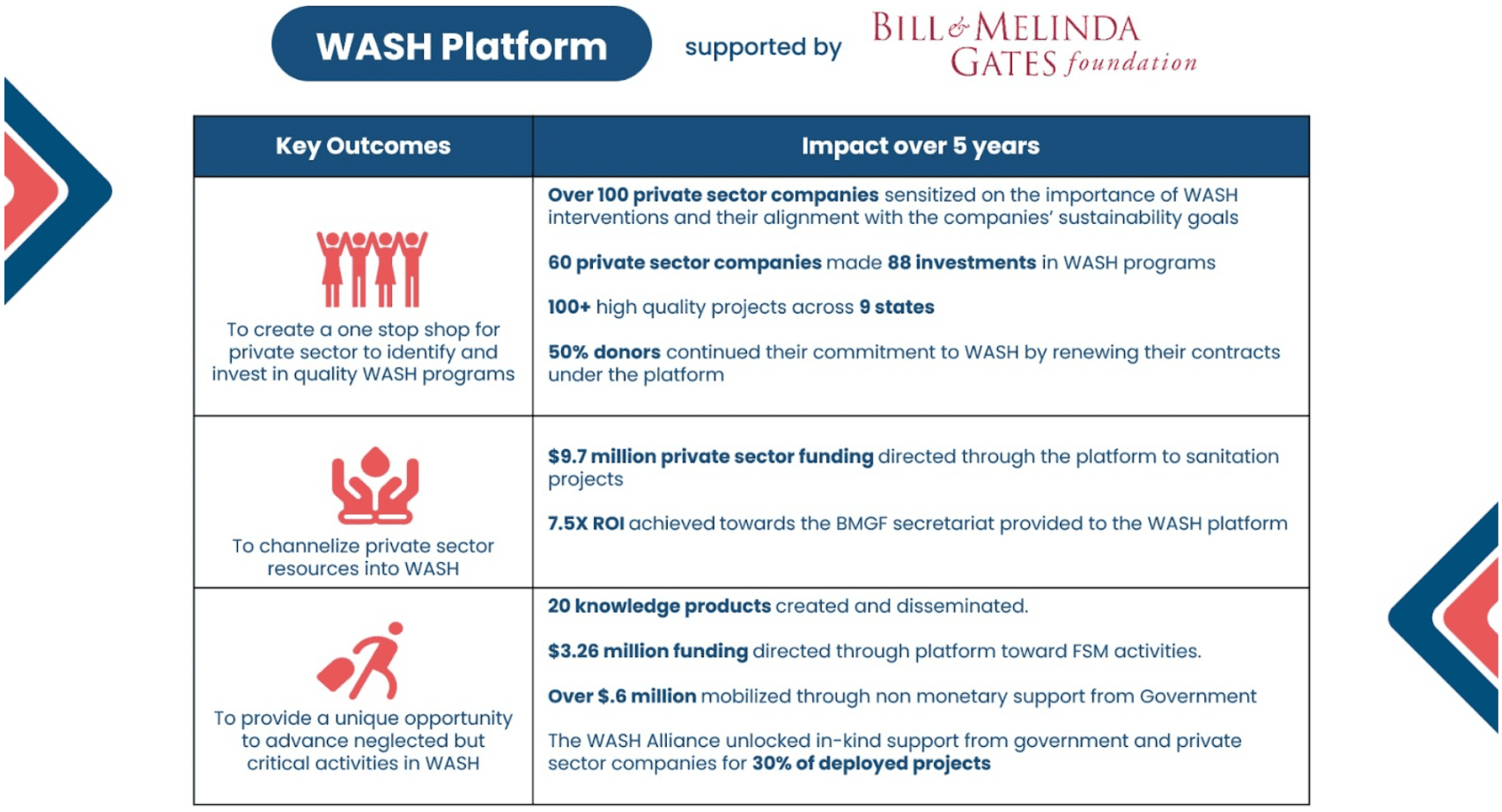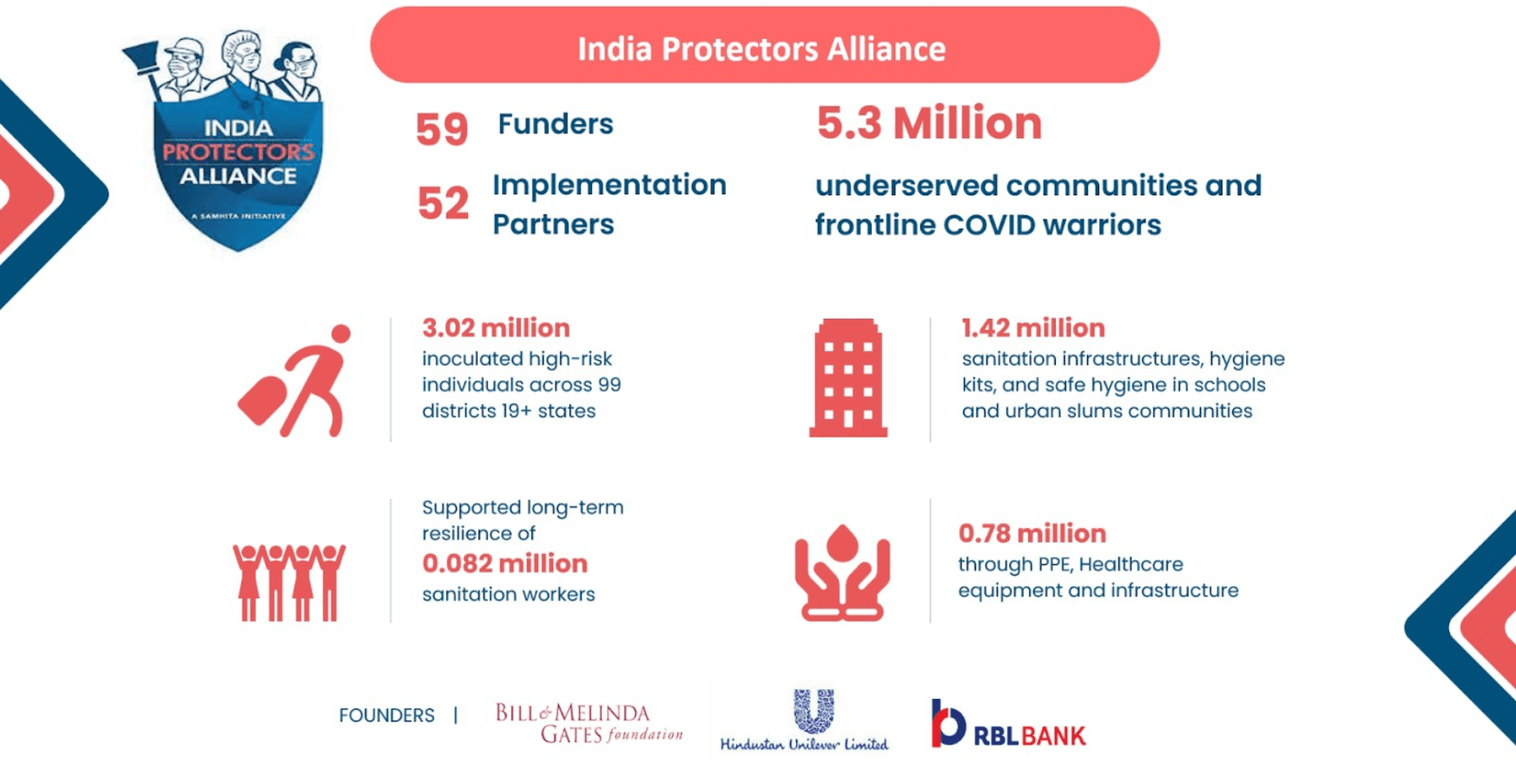Making Women Thrive: Reproductive Health and Economic Opportunity Hold the Key
When women are given the opportunity to thrive, the entire community thrives…Women’s economic security and rights are the critical foundation for communities, peace, and resilient economies.”—Dr. Atul Gawande, USAID Assistant Administrator for Global Health
Good health translates into better economic prospects, and this is especially true for women.
Women’s health and economic security ensure not only empowerment and autonomy for women themselves but also growth and progress for their families and communities. Securing these two goals is thus an important priority.
Women’s Health and Livelihood Alliance (WOHLA), a newly launched initiative in India, is working to improve opportunities for better health and work for marginalized women. WOHLA is a joint initiative by the United States Agency for International Development’s (USAID’s) Frontier Health Market Engage project and Samhita’s Collective Good Foundation.
The raison d’etre for WOHLA is clear: when access to quality sexual and reproductive health services increases, women are more likely to be part of the workforce, less likely to miss work due to sickness, and more confident about taking charge of family planning.
Research conducted across multiple countries also suggests that when women enjoy better economic status and greater financial independence, they tend to use reproductive and maternal healthcare services more easily and often. This is particularly true for low and middle-income countries including India1.
WOHLA’s three-pronged approach
At the core of WOHLA’s strategy is facilitating public-private partnerships focused on supporting a healthcare marketplace that both expands employment opportunities for women and improves their awareness of reproductive and sexual health.
WOHLA plans to achieve this through a three-pronged approach; first, by improving women’s access to information and services around sexual and reproductive healthcare; second, by enhancing women’s financial and digital literacy to promote their participation in the formal workforce; and third, by improving women’s access to credit to better support their investments in health and eligibility for improved economic opportunities. Let us take a closer look at these three drivers.
1. Improving women’s health
Take, for instance, the issue of contraception. Many Indian women want to use better family planning methods but lack access to up-to-date information and cost-effective products and services.
WOHLA hopes to empower women with the access they need to information, products, and services related to women’s sexual and reproductive health and family planning, by collaborating with its partners. One of the ways in which the initiative intends to achieve this goal is by identifying and training women’s health champions.
These community champions will be trained with the latest information about contraception, menstrual health, safe sex practices, sexually transmitted infections, nutrition, and personal hygiene. Coached to step up as trainers, they will provide their communities with counseling sessions on modern methods of contraception and other topics.
The health champions will also facilitate linkages between young women who seek their advice and their immediate healthcare providers, including local pharmacies and doctors. This will ensure that women gain uninterrupted, discreet, and optimal access to sexual and reproductive health; family planning, and other services that are available locally.
2. Enhancing financial and digital literacy
Financial literacy alters the way women perceive themselves, their work, and their role in the family and communities. When provided with the tools that will make them comfortable with payments, valuations, and estimates, women gain confidence to make more empowered economic decisions, including for their own and their families’ health and well-being.
Hence, WOHLA plans to leverage its partnerships with village-level centers, NGOs, and businesses. It plans to familiarize women with digital tools to help them make more informed financial decisions and improve their confidence and ability to access credit. This is likely to have a positive effect on how women will prioritize preventive healthcare, including sexual and reproductive health. This is also likely to ensure an earlier entry into the labor market and a longer and more fruitful employment experience.
3. Expanding livelihood opportunities for women
WOHLA has been created to serve as a platform and marketplace for women’s health with the primary purpose of mobilizing resources for access to finance, opportunities for livelihood, and implementation of women’s health programs. The organization is facilitating cross-sectoral partnerships with multiple market actors to build core entrepreneurship capabilities of women participants while enabling support interventions to help them scale.
By improving women’s access to digital technology and enabling them to gain knowledge and skills in this area; young girls and women will benefit from a more level playing field to leverage platforms, tools, and services to improve health outcomes and for accessing livelihood opportunities. Based on the needs of entrepreneurs or employed women, WOHLA will also provide support to gain access to government schemes and documents which are targeted at entrepreneurs, such as Government e-marketplace (GeM) registration, Udyam registration (for MSMEs), and artisan cards. This will help underserved girls and women gain several benefits. This includes participation in local trade fairs, collateral-free loans from banks, interest subsidies, and partnership with the Open Network for Digital Commerce (ONDC) to facilitate access to markets for products and services offered by entrepreneurs, over the program period.
https://www.atlantis-press.com/article/25896154.pdf
https://finca.org/en-ca/blog-en-ca/financial-literacy-and-its-role-in-womens-empowerment
Does owning a bank account improve reproductive and maternal health services utilization and behavior in India? Evidence from the National Family Health Survey 2015–16, International Institute for Population Sciences https://www.ncbi.nlm.nih.gov/pmc/articles/PMC6468192/
By mobilizing private sector resources, fostering partnerships, and implementing targeted interventions, WOHLA aims to strengthen the intrinsic link between women’s health and livelihood opportunities.
